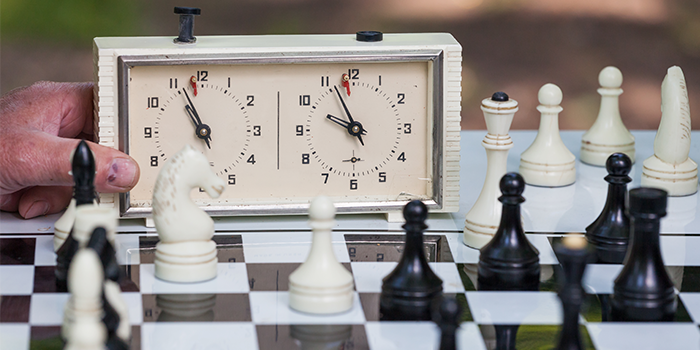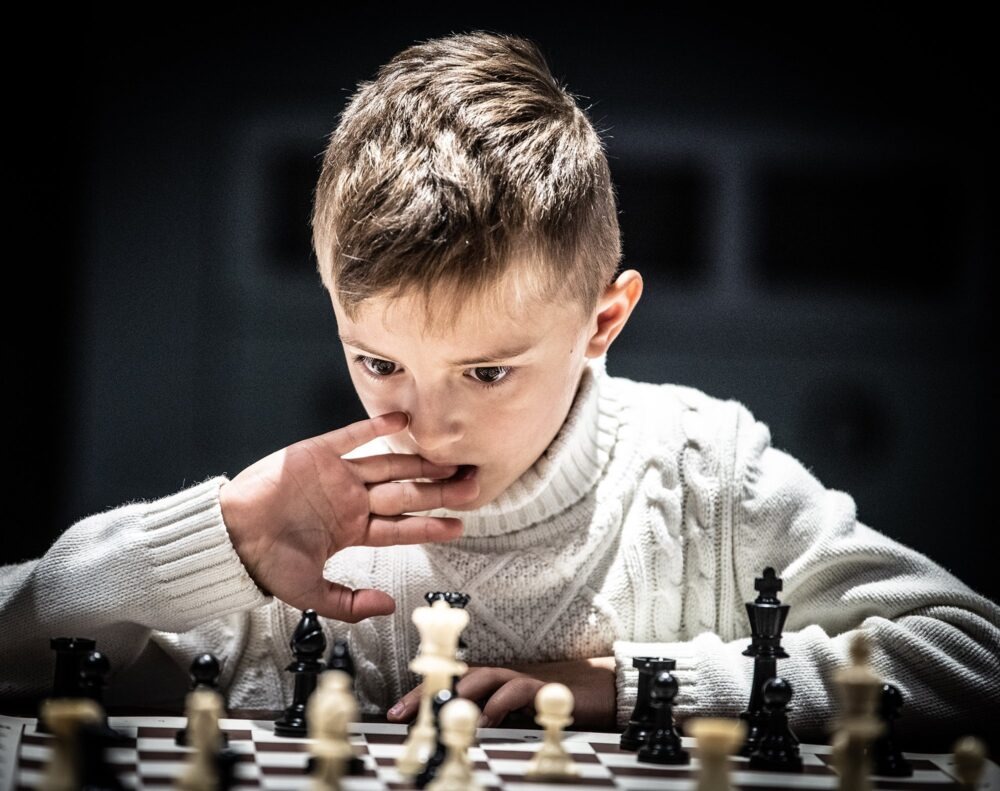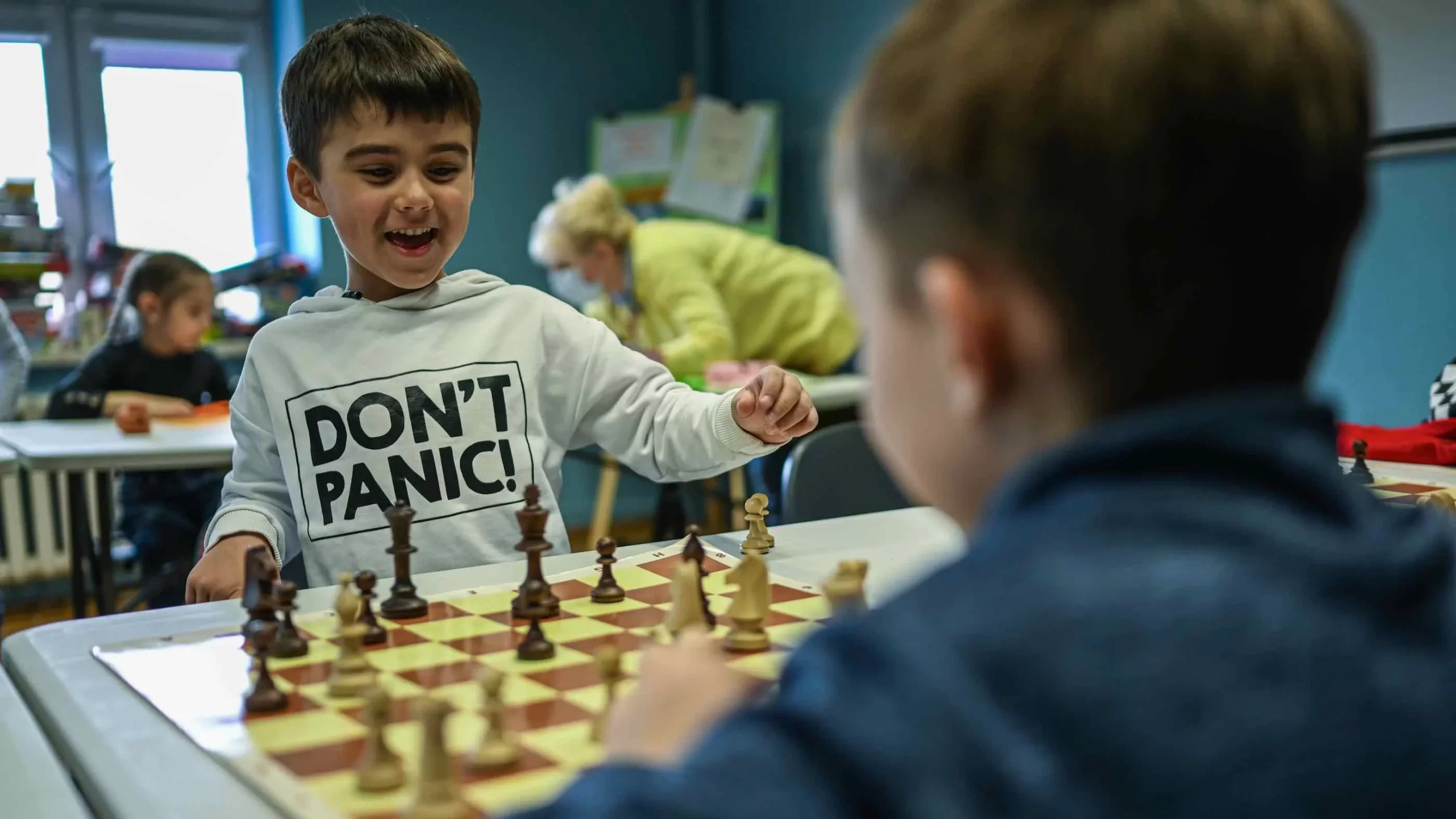Understanding Chess History Made Easy for Kids and Beginners. But only if it isn’t taught appropriately!
Discovering Chess History: Whether You’re a Chess Player or Just Curious About the Game’s Fascinating Past, We’ve Got You Covered.
This is the Perfect Place to Explore Chess History for Kids.
In any case, you’ve come to the right place to learn about chess history for kids.
Continue reading to uncover the full story of chess history.
We’ve laid out chess facts in straightforward points to make sure you remember them!
10 Key Points Explaining Chess History for Kids
1. The Beginning of Chess
Chess originated in ancient India as a tool for teaching military strategies to soldiers, In the 6th century.
A group of scholars in the subcontinent invented chess as a means to impart military strategies to soldiers.
The earliest version of chess in ancient India was known as “chaturanga.”
Similar to chess, chaturanga was played on a square board.
In chaturanga, the pieces symbolized various army units such as elephants, chariots, foot soldiers, and more.

2. Chess in the Persian Empire
Chess was first introduced to the Persian Empire in the 7th century.
Here, it got a different name “shatranj.”
What does that mean?
“Shatranj” is a Persian word, which means “the king’s game,” and it gave rise to the term “shah mat,” which translates to “the king is helpless.
In Persia, chess earned the nickname “the game of kings” due to its popularity among the nobility.
3. Introduction to the Islamic World
In the 9th century, chess history witnessed the game’s arrival in the Islamic World.
Here, the game was further developed and refined.
During this period, the game evolved to be played on the 64-square board, resembling the modern chessboard.
4. Chess Reaches Europe
Chess took some time to travel to the European continent, but it finally arrived in the 15th century, bringing with it a rich history and a world of strategic gameplay.
During this time, people saw chess as a symbol of intelligence and learning, cementing its status as a game of mental prowess.
Within a few centuries, chess gained immense popularity in Europe and became a favored pastime among scholars and intellectuals.
5. The First Chess Tournament
The next significant event in chess history occurred during the 19th century.
The first chess tournament was held in London!
This marked a significant moment in chess history, ushering in a new era of competitions and global popularity for the game!
6. The First World Chess Champion
The inaugural world chess championship took place in 1886, also hosted in London.
The winner of this first-ever world championship was Wilhelm Steinitz.
This individual became the inaugural world chess champion in the history of chess!

7. Establishment of FIDE
Following the initial world championship, chess experienced a surge in the number of major chess tournaments.
The world needed an official organization to regulate these chess events.
As a result, the International Chess Federation, known as FIDE, was established on 20 July 1924 in France.
FIDE is the organization responsible for providing FIDE chess ratings to professional players worldwide.
8. Chess Engine defeats the World Champion
One of the significant dates in chess history is May 11, 1997.
On this day, the chess engine “Deep Blue” defeated the reigning world chess champion, Garry Kasparov.
This was a prime example of technology’s effective role in the chess world!
9. The Rise of Magnus Carlsen
Throughout chess history, legendary players have emerged, such as Bobby Fischer, Mikhail Tal, Garry Kasparov, Anatoly Karpov, Viswanathan Anand, and more.
Magnus Carlsen, a 5-time world champion, is widely hailed as the greatest chess player of all time.
In 2013, Carlsen defeated chess legend Viswanathan Anand, solidifying his domination of the chess world.
10. The Youngest Grandmaster in History
June 30, 2021, marks a significant date in recent chess history.
On this day, Abhimanyu Mishra from the US made history as the youngest chess Grandmaster ever.

Abhimanyu was just 12 years 4 months and 25 days old when he became a Grandmaster.
Abhimanyu’s incredible feat highlights the immense potential in young children.
The sooner they start learning chess, the higher they can achieve!
Conclusion
Chess history is a fascinating topic. In fact, chess in itself is a fascinating game!
The deeper your chess knowledge, the stronger your desire to play.
In this article, we’ve efficiently summarized chess history for an easy understanding.
All you have to do is remember these 10 simple timelines to memorize everything –
6th century – beginning of chess
7th century – chess in Persia
9th century – chess in the Islamic world
15th century – chess reaches Europe
19th century – first chess tournament
1886 – first world chess champion
1924 – establishment of FIDE
1997 – chess engines defeat the world champion
2013 – the rise of Magnus Carlsen
2021 – the youngest Grandmaster in history
That’s it…
You now know the complete chess history!



